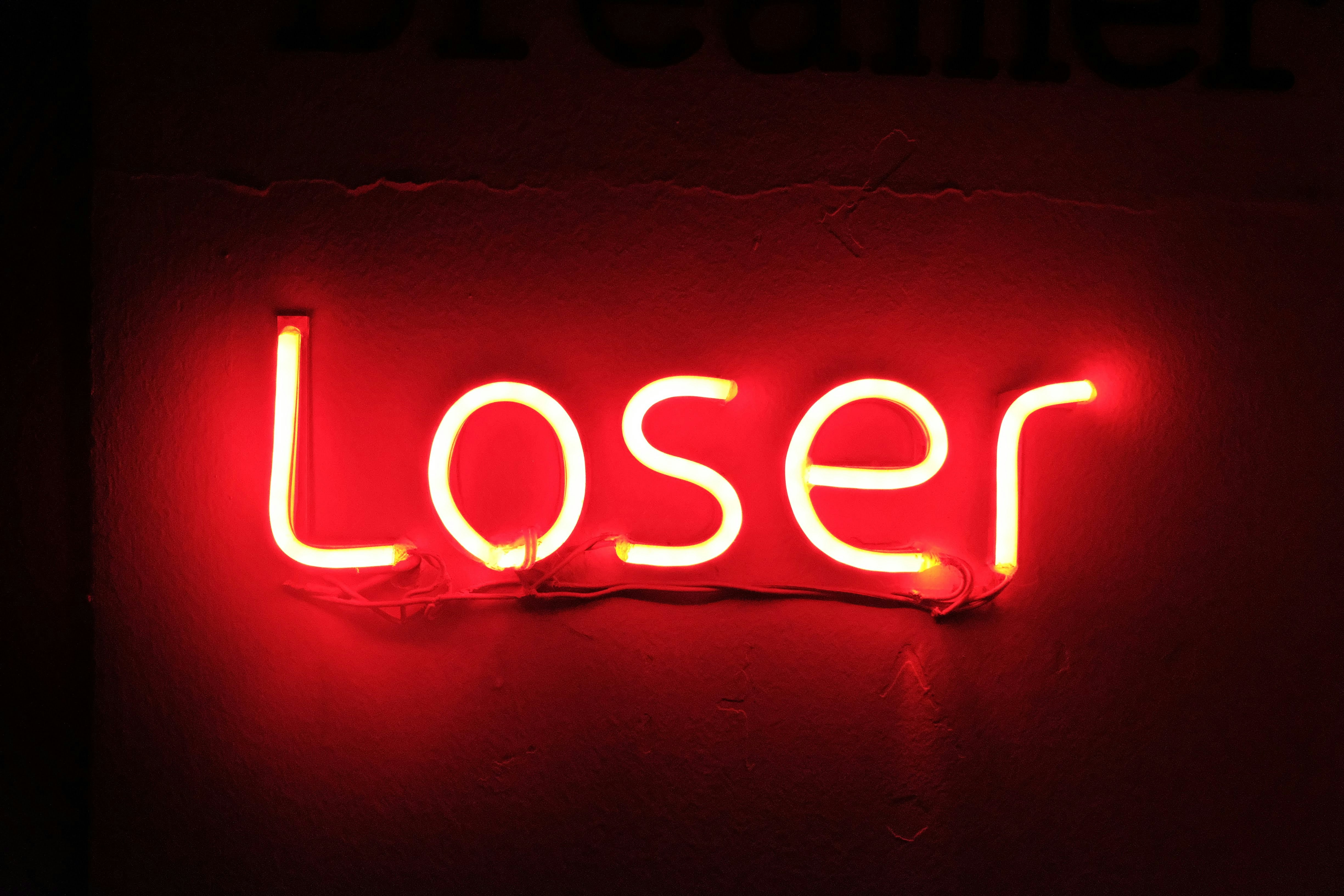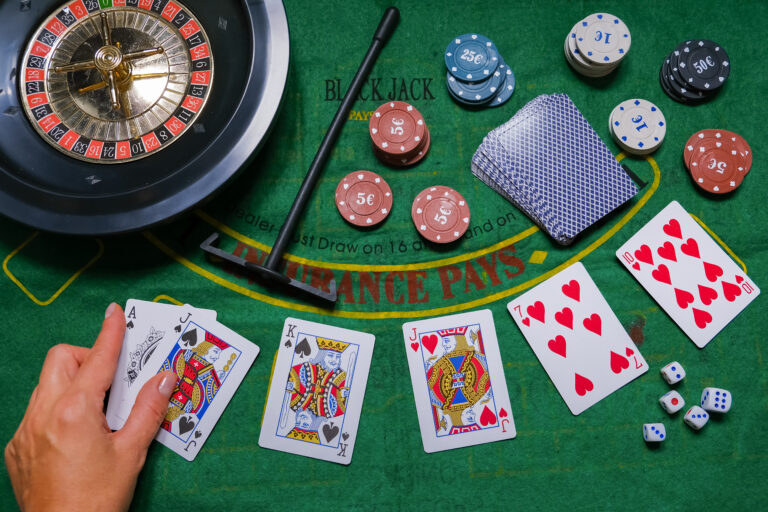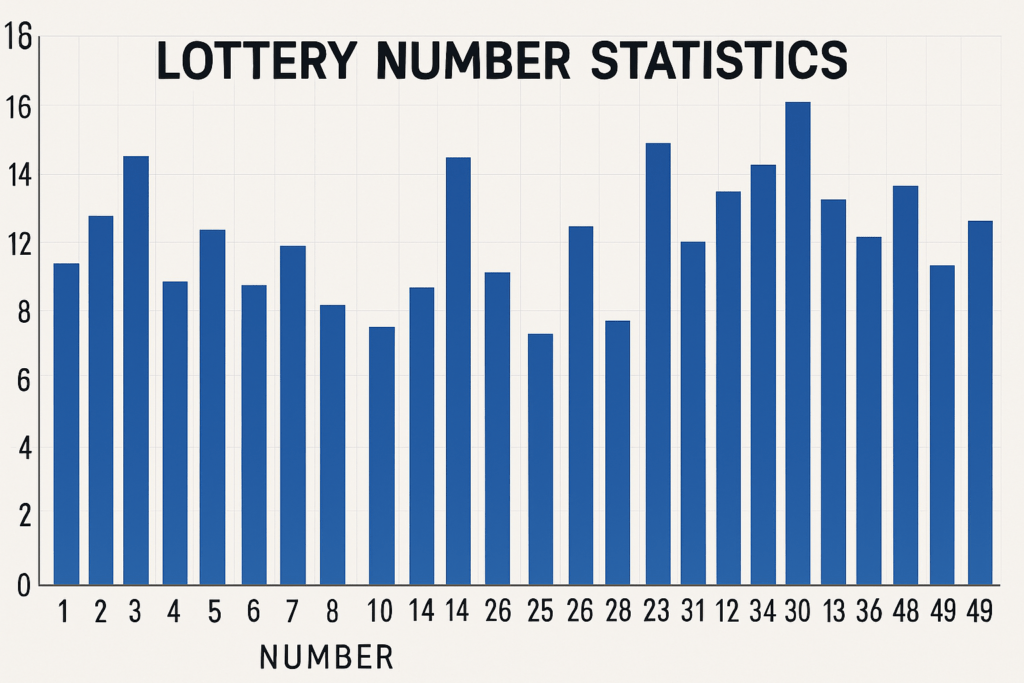Misunderstanding the Odds
Most lottery players walk in mentally hyped and mathematically lost. It’s not just the dream of winning big it’s a deep misunderstanding of just how steep the odds really are. People convince themselves they’re due for a win because they “haven’t hit in a while.” That’s not how probabilities work.
One of the most common myths is that certain numbers are “hot” or “overdue.” Players track past draws like there’s a pattern hiding in plain sight, but lotteries are designed to be random. Each draw resets the field. Past results have no influence on future ones.
Then there’s the myth of frequency. Some believe playing the same numbers over and over increases their chances. It doesn’t. You could use quick picks every time, or pick your cousin’s birthday odds stay the same. Consistency helps budgeting, but it won’t change your shot.
Here’s the blunt truth: most people overestimate their odds by a lot. If there’s a 1 in 292 million chance, that’s not something persistence conquers. It’s hard math.
Want to play smarter? Know your limits. Treat it like entertainment, not a retirement plan. Set a cap, pick your numbers, and forget the rest. Massaging your picks won’t nudge probability in your favor but not chasing myths might save your wallet.
Playing Without a Strategy
Let’s get this out of the way: buying more lottery tickets doesn’t radically boost your odds. The difference between buying one ticket and ten isn’t strategy it’s just a bigger receipt. The odds of winning are still astronomically low, and throwing more money at the problem doesn’t magically improve your chances. This is the “buy more tickets” trap. It feels logical, but it’s really just emotional math.
Another common mistake? Getting sentimental with number choices. Birthdays, anniversaries, lucky numbers they personalize the experience but don’t increase your odds. Worse, they often limit your number pool to 1 31, slicing off a huge chunk of possibilities. You end up playing the same crowded combinations as half your town.
Here’s the move that actually matters: consistency. If you’re going to play, pick a system and stick with it. Whether it’s a randomizer or a less popular number range, stay consistent. Over time, that’s more likely to pay off than chasing randomness or falling into feel good patterns. Strategy > sentiment. Every time.
Ignoring Game Choice
Not all lottery games work the same, and treating them like they do is a fast track to wasting money. Some games offer huge jackpots but brutal odds. Others give you smaller wins more often. If you’re in it for the life changing score, go for the big national draws. Just don’t mistake the buzz for good odds your chances are slim. But if steady wins, even small ones, matter more to you, scratchers or local games usually perform better.
The real trick is knowing what you want. Are you chasing a dream payout, or would smaller, more frequent wins feel more rewarding? Do you have the patience to wait for results, or do quick reveals keep you sharp?
Look at prize tiers. Pay attention to how many numbers need to match to win. And never ignore the odds printed in the fine print. The right game should match your personality and your goals. That’s how casual players become smarter ones.
Want a deeper look? Check out this guide: choosing the right game
Chasing Losses

Let’s get one thing straight: playing the lottery isn’t supposed to be an emotional ride. But that’s exactly what happens when people start chasing losses. You sink money into ticket after ticket, not because the odds are better but because your pride’s on the line. You tell yourself you’re due. You’re not. That’s just frustration doing the talking.
There’s a hard line between playing with a plan and spiraling into desperation. Trying to “win back” what you already lost isn’t strategy it’s damage control turned wishful thinking. The more you chase, the deeper the hole gets.
Set your spending limits before you even enter the store. Put them in writing, if you have to. And once you hit that cap, walk away. No just one more mentality. No mental accounting. You’ll save money, stress, and the sinking feeling that you’re one scratcher away from regret.
Smart play is logical. Cold, even. And that’s what keeps it from turning into a problem.
Going Solo When You Could Team Up
If you’re playing the lottery, doing it in a group whether with coworkers, friends, or family can stretch your odds, even if only slightly. Lottery pools give you more tickets in the game with less financial risk. It’s basic math: more entries mean a greater shot at hitting something big. That said, your share of any winnings will be smaller but most people would rather have a slice of something than all of nothing.
Here’s the catch: group play can go sideways fast if you don’t set ground rules. Make everything official. Collect money before buying tickets. Send copies of tickets to all participants. Write down the terms who’s in, how much they paid, and how splitting will work for any size win. It may feel overly formal for splitting a few dollar scratchers, but it prevents chaos if your pool stumbles into millions.
Finally, let’s be clear: even with a group, jackpot odds are still long. But statistically, you’re better off pooling your dollar with ten people than fluttering solo. In the world of chance, better odds even slightly better matter.
Ignoring Payout Options and Taxes
Winning the lottery feels like the finish line. It’s not. One of the first and biggest decisions you’ll face is how to take the money: lump sum or annuity. On paper, the lump sum looks tempting. One check, full control. But a lot of winners choose it, spend fast, and hit the wall just as quickly. What most regret? Not understanding the long term tradeoffs. Annuities spread the money out over years, offering a cushion and some built in discipline. It’s boring, but it protects you from yourself.
Then there are the taxes. Federal taxes grab a chunk off the top, and depending on where you live, state taxes can dig deeper sometimes over 10%. Many people only look at the big number on the check, not the net payout. You don’t want to be surprised come tax season.
Before you claim a dime, get a financial pro on your side. Someone who knows how to structure windfalls, minimize your tax hit, and map out a plan that fits your real life not the fantasy. Rushing this is how you blow it. Pause. Plan. Then cash in.
Disappearing After a Win
Winning the lottery can flip your world upside down fast. Most people dream about what they’d spend the money on, but few are ready for what actually happens next. The sudden wealth effect hits hard: old routines disappear, personal boundaries get tested, and people you haven’t seen in years suddenly want to catch up.
The truth? Money doesn’t solve everything. In fact, for a lot of winners, it uncovers blind spots especially around burnout, mental health, and financial decisions. Going public without a plan can turn your name into clickbait. Overspending without advice can turn your win into a long, expensive mistake.
Privacy matters. So does patience. Speak with a financial advisor before you do anything major. Build a quiet plan. Don’t blow the first million proving to others that you “made it.” The smartest move after a windfall is to slow down, not speed up. Spend second. Ask questions first.
Not Doing Your Homework
Winning the lottery starts with not getting duped. Scam emails and texts telling you you’ve won a jackpot you never entered? Ignore them. Real lotteries don’t contact winners out of the blue, and they never ask for banking info or “fees” to release your prize. If it sounds too good to be true, it is.
Another mistake that costs people actual winnings? Not checking tickets. It sounds ridiculous, but unclaimed prizes stack up every year because someone forgot a ticket stashed in a drawer or glove compartment. Set a reminder. Scan it. Do anything but let it sit.
And here’s the kicker: a little research goes a long way. Know the deadlines. Know the claiming process. Understand who to contact if you think you’ve won. Even though lotteries hinge on chance, staying sharp gives you a real edge. Nobody likes surprises except when they come with a winning ticket.
For anyone serious about improving their odds and protecting their winnings, knowing how to play smart matters more than luck. Learn more here: choosing the right game













































































































































































































































































































































































































































































































































































































































































































































































































































































































































































































































































 George Dreyer brought valuable knowledge and creativity to the development of Jackpot Rush Empire, playing a key role in shaping the platform’s vision alongside its founder. With his keen eye for detail and dedication to quality, he helped ensure that the site delivers engaging lottery insights and meaningful content for its audience. His contributions were essential in building a platform that not only informs players about results and jackpots but also emphasizes responsible gaming and safe participation, aligning closely with the mission of Jackpot Rush Empire.
George Dreyer brought valuable knowledge and creativity to the development of Jackpot Rush Empire, playing a key role in shaping the platform’s vision alongside its founder. With his keen eye for detail and dedication to quality, he helped ensure that the site delivers engaging lottery insights and meaningful content for its audience. His contributions were essential in building a platform that not only informs players about results and jackpots but also emphasizes responsible gaming and safe participation, aligning closely with the mission of Jackpot Rush Empire.
